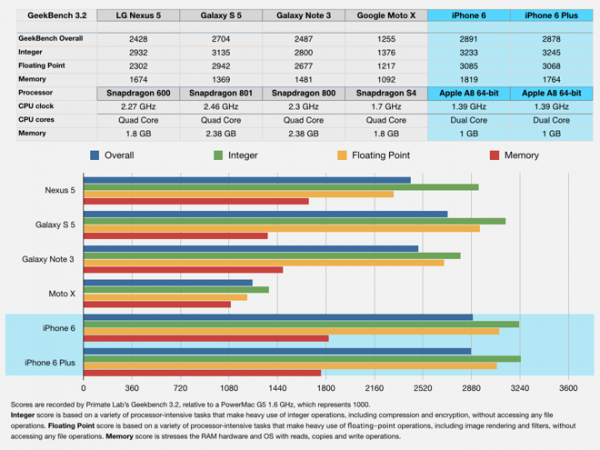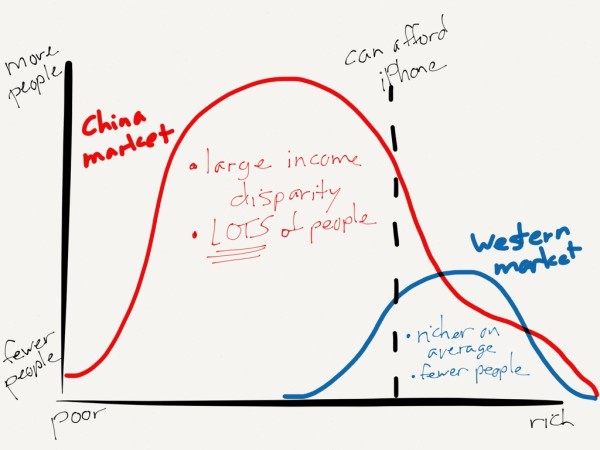If the first wave of the mobile phone’s impact on the tech sector was driven by applications running on the phone, the second wave will be driven by the phone connecting to other devices, including other phones.
I am particularly fascinated about what happens when our phones connect to other phones in dense environments and form meshes that don’t need the traditional Internet connectivity to power them. Mesh networks don’t just solve the problem of lack of traditional connectivity (Hong Kong), they also produce a solution to the last mile connectivity duopoly in wireline and oligopoly in wireless. In the future we may just opt out of those non-competitive markets and opt into a local mesh to get us to the Internet backbone, both in our homes and when we are out and about.
Mesh networking will revolutionalize the way people connect in developing countries, the way we circumvent government censorship, and communicate in a post-apocalyptic zombie world. The future is bright.



